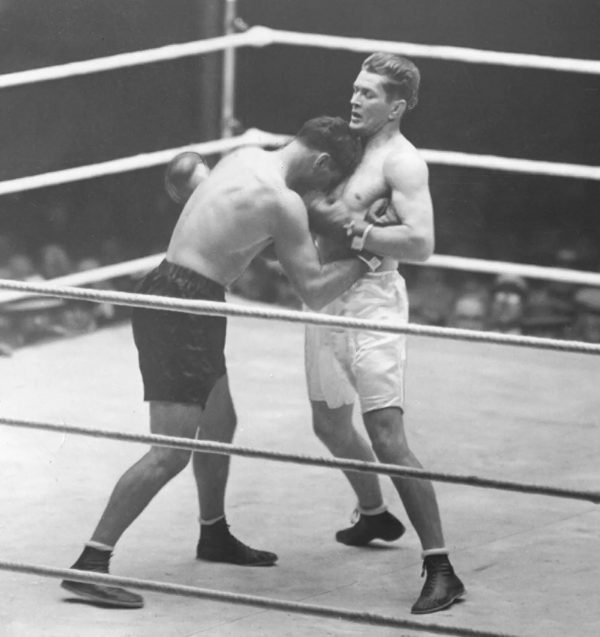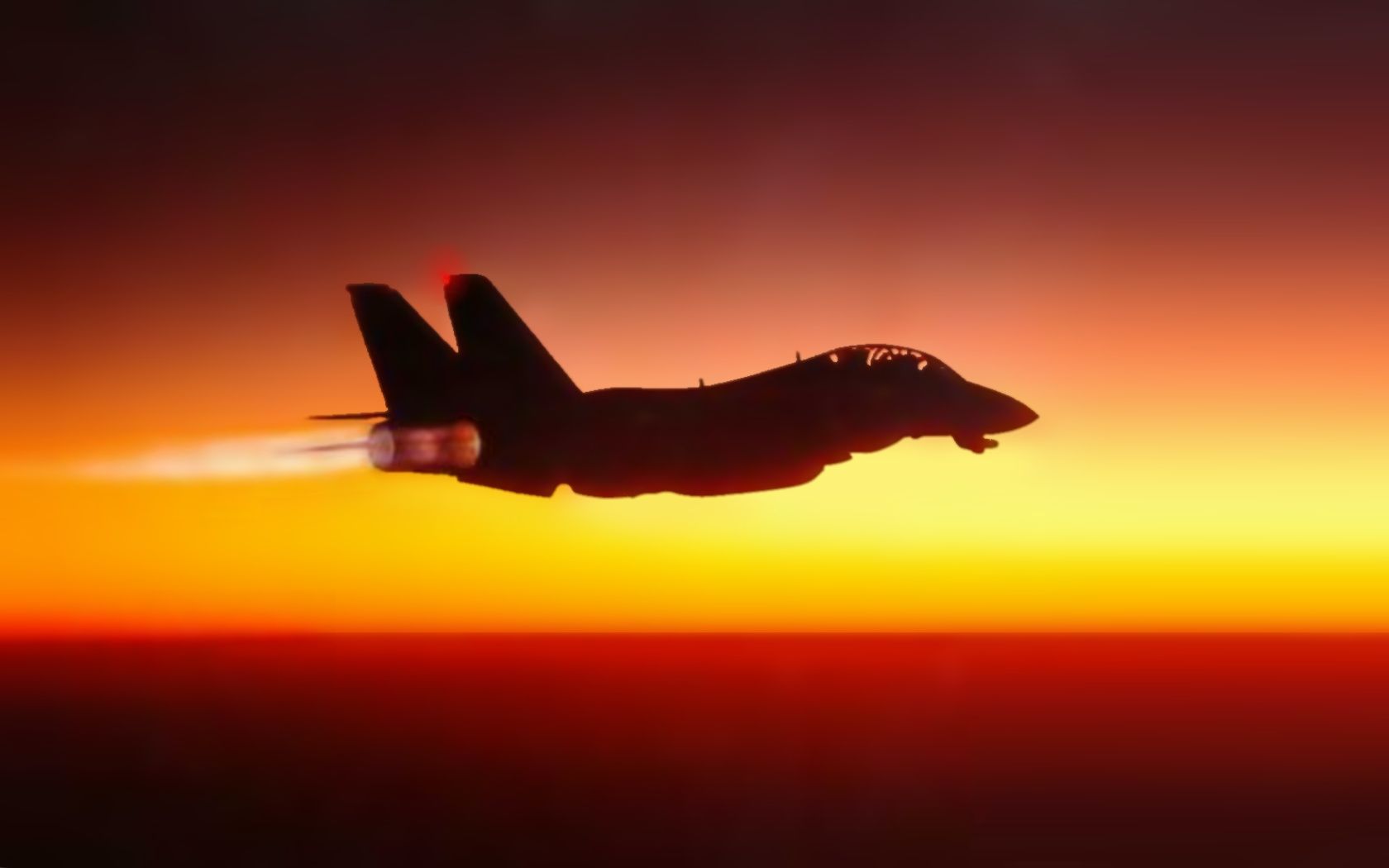September 22 in U.S. military history
1776: When Gen. George Washington asks for volunteers to go behind enemy lines and report on British troop movements in New York City. Capt. Nathan Hale is the only man to step forward. A fire devastates the city shortly after falling into British hands, and Hale is one of some 200 Americans swept up in the aftermath. Legend states that before Hale is hung, he tells his audience that “My only regret is that I have but one life to lose for my country.”
1927: One year after Gene “The Fighting Marine” Tunney defeats Jack Dempsey and becomes heavyweight champion, the two square off again in one of boxing’s most famous matches. In what will be Dempsey’s last fight, the former champ manages to knocks down Tunney — a veteran of World War I — for the first time in Tunney’s career, but loses the rematch in a unanimous decision. The Fighting Marine, victorious in all but one of his professional matches, will retire after successfully defending his title following his second fight with Dempsey.

Both will serve as officers during World War II — Tunney in the Navy and Dempsey in the Coast Guard.
1950: Gen. Omar Bradley is promoted to General of the Army. Bradley is the ninth — and last — American officer to wear five stars. While serving as the first Chairman of the newly formed Joint Chiefs of Staff, Bradley will be instrumental in removing fellow five-star general Douglas MacArthur following his public clashes with the Truman Administration.
That same day in Korea, the Communists are in full-scale retreat after being outflanked by the landing at Inchon and the breakout of the Pusan Perimeter.
1975: President Gerald Ford – a Naval Reserve officer during World War II — survives his second assassination attempt in 17 days when former Marine Oliver Sipple disrupts the attack by hitting the would-be assassin’s gun arm before she can kill the president.
1980: Iraq invades Iran without warning, launching the nearly eight-year Iran-Iraq War. The United States, the Soviet Union, and many other nations throw their weight behind Iraq. Saddam Hussein will kill tens of thousands of Iranians with chemical weapons, and both Iranian and Iraqi will hit American ships during the conflict.
2006: The Navy retires the Grumman F-14 Tomcat after 32 years of service. The iconic swept-wing interceptors provided air cover during the American evacuation of Saigon, shot down four Libyan Air Force fighters during the 1980s, dropped precision-guided munitions in the Iraq and Afghanistan campaigns, and saw action in virtually every American conflict during their operational history.
